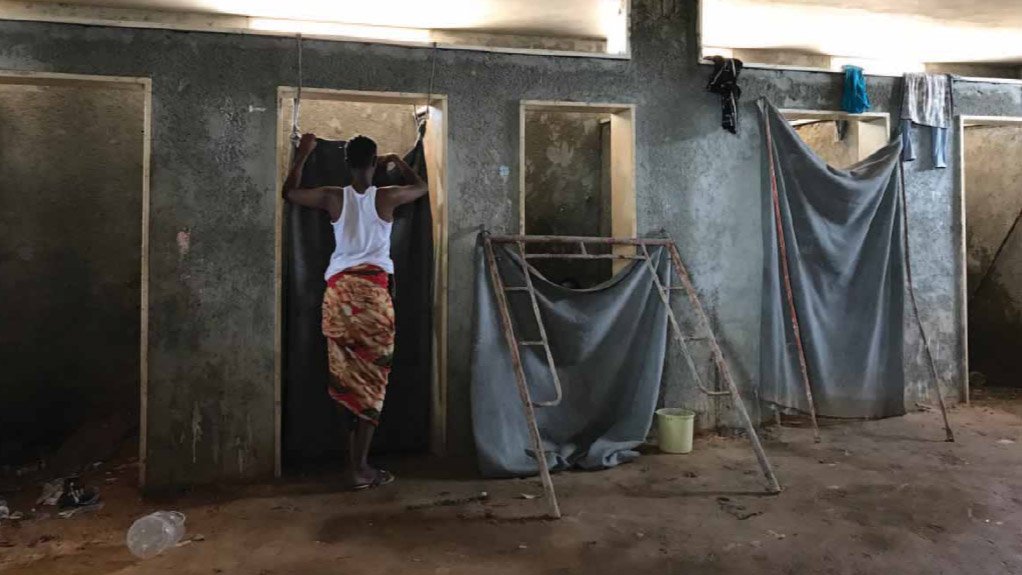- EU Policies Contribute to Abuse of Migrants in Libya1.15 MB
Soft-spoken Abdul left Darfur in 2016 when he was eighteen. He went to Egypt, where he registered with the UN refugee agency UNHCR but, despairing of being resettled, Abdul decided to go to Libya to attempt the journey to safety in Europe. He spent three months in a smuggler warehouse in Sebratha but there too he endured “very much suffering,” and escaped to Tripoli. It would only be in early May 2018 that, in the early hours of the morning, he finally crammed himself into a rubber boat with over 100 people and set off from Khoms, a coastal city east of Tripoli. Their journey was short; the Libyan Coast Guard intercepted the rubber boat after roughly four hours at sea.
When we spoke in mid-July, he was recovering from what he described as torture by the guards in al-Karareem detention center near Misrata, where he had been detained in abysmal, overcrowded and unsanitary conditions for two months. He said guards beat him on the bottom of his feet with a hose to make him confess to helping three men escape. Abdul’s hopes were thread-bare; he wished only to be transferred to a detention center in Tripoli, where he hoped he would have more access to UN agencies that might help him.
Abdul’s experience encapsulates the struggle, dashed hopes, and suffering of so many migrants and asylum seekers in Libya today: beholden to unscrupulous smugglers, captive to a market that exploits the most basic human needs for survival and dignity, victims of indifference or downright hostility to people in need of protection and safety.
In July 2018, Human Rights Watch researchers visited four detention centers in Tripoli, Misrata, and Zuwara where they documented inhumane conditions that included severe overcrowding, unsanitary conditions, poor quality food and water that has led to malnutrition, lack of adequate healthcare, and disturbing accounts of violence by guards, including beatings, whippings, and use of electric shocks.
Report by the Human Rights Watch
EMAIL THIS ARTICLE SAVE THIS ARTICLE ARTICLE ENQUIRY
To subscribe email subscriptions@creamermedia.co.za or click here
To advertise email advertising@creamermedia.co.za or click here











